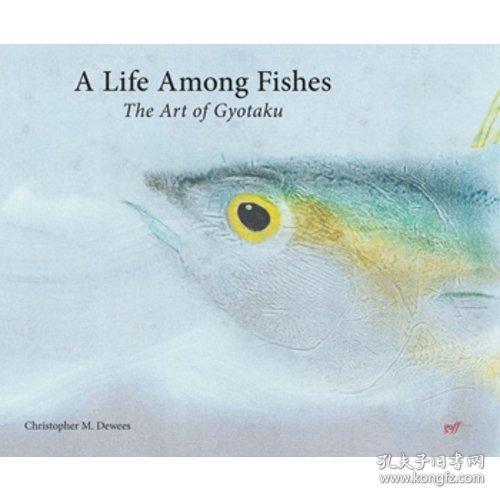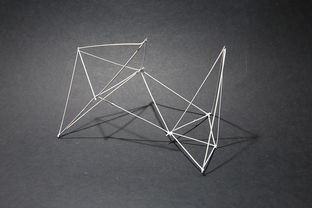本文目录导读:
Fishing in a fish pond can be a serene and rewarding experience, offering both relaxation and the thrill of catching your own catch. Whether you are a seasoned angler or a beginner looking to enjoy the tranquility of pond fishing, there are several essential techniques you can employ to enhance your chances of success. Here's a comprehensive guide on how to fish in a fish pond effectively.

Understanding the Pond
Before you cast your line, it's crucial to understand the environment you're fishing in. Here are a few factors to consider:
Water Quality: Ensure the pond is well-maintained and the water is clean and oxygenated. Poor water quality can lead to stressed fish and less successful fishing.
Fish Species: Different fish species have different preferences. For example, catfish are more likely to be found in deeper, darker areas, while bass might frequent shallow, weedy spots.
Structure: Look for natural or artificial structures like rocks, logs, or lily pads, which can provide hiding spots for fish and increase your chances of a bite.
Equipment
The right equipment can make a significant difference in your pond fishing experience:
Rod and Reel: Choose a rod and reel that match the type of fish you're targeting. A medium-action rod with a spinning reel is versatile for many pond species.
Line: Use a monofilament line that is strong but flexible. The thickness should be appropriate for the fish you're targeting; thicker lines can spook fish but are more durable.
Hooks: Select hooks that are the right size for the bait you plan to use. Larger hooks can sometimes be more effective for larger fish.
Bait: Understand what the fish in the pond are eating. Common baits include worms, insects, minnows, and artificial lures.
Baits and Lures
The choice of bait or lure can greatly impact your success:
Natural Baits: Live bait like worms or crickets can be highly effective. They mimic the natural food sources of fish and are often irresistible.
Artificial Lures: If you prefer not to use live bait, artificial lures like spinners, jigs, or flies can be equally effective. The key is to understand the behavior of the fish and mimic it with your lure.
Scented Baits: Some anglers find that adding scent to their bait can increase the chances of a bite. Be sure to use scents that are known to attract the fish species in your pond.
Techniques
Now that you have your equipment and an understanding of the pond, here are some fishing techniques to try:
Patience: Pond fishing can be slow, so patience is key. Wait for the fish to bite rather than constantly reeling in and casting.
Presenting the Bait: When you cast your line, ensure that your bait or lure is presented in a natural manner. For example, if you're using a worm, let it fall naturally to the bottom or drag it slowly along the bottom.
Trolling: Trolling involves slowly moving your boat with the rod in hand, allowing your bait or lure to swim through the water. This can be effective for covering more ground and attracting fish.
Stationary Fishing: Once you find a good spot, you can anchor your boat and fish in one place. This is particularly effective if you've spotted fish activity in a particular area.
Adjusting Techniques: Pay attention to what works and what doesn't. If you're not getting bites, try changing your bait, lure, or technique.
Safety and Etiquette
Always prioritize safety and adhere to good fishing etiquette:
Safety Gear: Wear a life jacket if you're fishing from a boat, especially if the pond is large or the water is deep.
Respect the Environment: Be mindful of your surroundings and avoid disturbing the pond's ecosystem. Do not litter and be cautious with your fishing line to prevent it from entangling wildlife.
Catch and Release: If you're not planning to keep your catch, practice catch and release to ensure the fish can return to the pond to thrive.
Final Thoughts
Fishing in a fish pond can be a delightful pastime that offers a chance to connect with nature and hone your angling skills. By understanding the pond, selecting the right equipment, employing effective techniques, and respecting the environment, you'll be well on your way to a successful pond fishing experience. Remember that each pond is unique, so adapt your approach as needed and enjoy the process of learning and improving your craft. Happy fishing!












